Prolonged problems in land acquisition, site clearance, land valuation, land use conversion, etc. have caused many projects to be "shelved", social resources to be wasted, while people's rights have not been guaranteed.
In that context, the Government's submission of a draft resolution to the National Assembly under the simplified procedure is considered a timely and necessary move to immediately handle urgent issues and avoid prolonged deadlock. One of the most important contents of the draft is the scope of land recovery. The draft adds three cases in which the State recovers land for national and public interests; notably, the mechanism allowing the Provincial People's Council to consider and approve the recovery of the remaining area (for land allocation and land lease) when the investor has reached an agreement on over 75% of the area and over 75% of the land users.
According to the National Assembly's Economic and Financial Committee, this is a policy proposal to remove the "bottleneck" that has existed for many years in the implementation of socio-economic development projects through agreements on land use rights. This mechanism creates favorable conditions for investors, who have negotiated most of the land area but have difficulty in clearing the remaining area, to be able to implement the project on schedule. However, the committee also requested the drafting committee to have regulations to harmonize interests when calculating compensation, avoiding the possibility of complaints and lawsuits when applying the land price list and adjustment coefficient to calculate compensation for the remaining cases because the land price in the price list is often lower than the agreed average price.
Previously, commenting on the draft resolution related to this content, the Vietnam Chamber of Commerce and Industry (VCCI) also stated that if the compensation price gap between the land price list and adjustment coefficient and the market price - which is the basis for investors to negotiate with the people - cannot be filled, it could lead to lawsuits, prolong the project and create conflicts of interest. VCCI also proposed that the State play an intermediary role, supporting the parties in negotiating the price. If no consensus is reached, the land will be reclaimed according to regulations.
In addition, many other challenges are also predicted when implementing the resolution if passed. First is the fear of responsibility of the implementation team - which has slowed down many projects because officials are worried about legal risks. Next is the risk of incorrect land valuation when data is incomplete, causing land prices to be pushed up unreasonably or vice versa - lower than the market, causing insecurity, affecting the legitimate rights of the people...
Despite concerns about land recovery, land price lists and market pricing mechanisms, public opinion and experts still have high expectations for the draft resolution. This will be an important transitional mechanism for the 2024 Land Law, contributing to clearing backlog projects and minimizing prolonged complaints. The resolution not only solves immediate difficulties but also creates a stable legal foundation for the Land Law to operate more sustainably. However, if not implemented well, it can create new risks, especially risks to people's trust in land recovery and pricing policies. The core of all land adjustments must still adhere to the principle: economic development must not be traded off with social justice. The sustainability of the real estate market and land use efficiency depend largely on how to harmoniously balance these two values.
Source: https://www.sggp.org.vn/thao-go-kho-khan-tao-su-ben-vung-cho-thi-truong-bat-dong-san-post824207.html








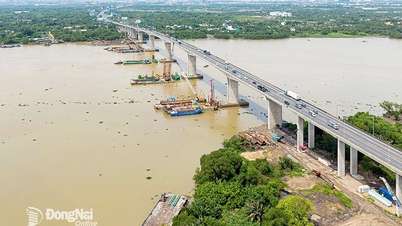

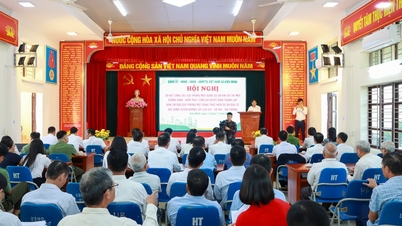



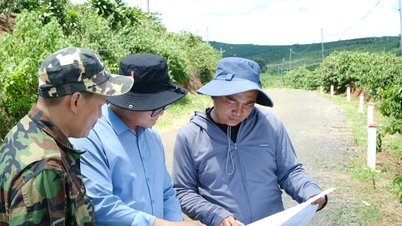




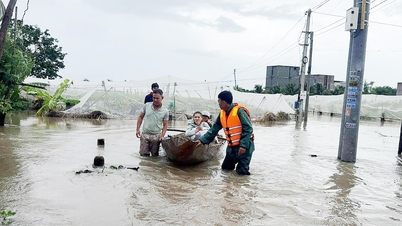

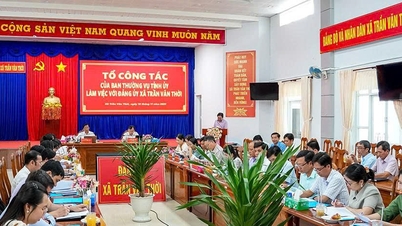







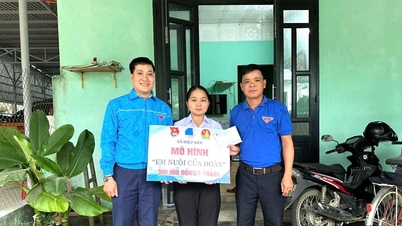






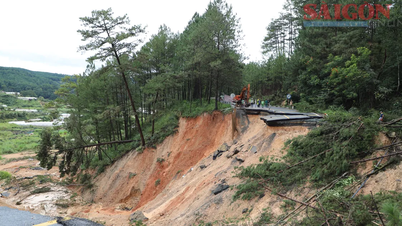
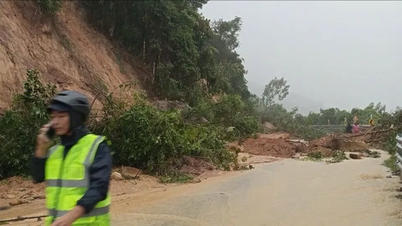
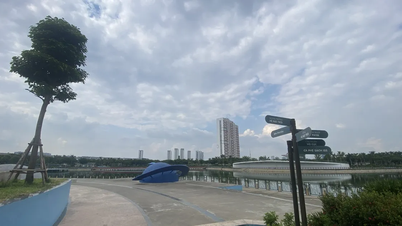
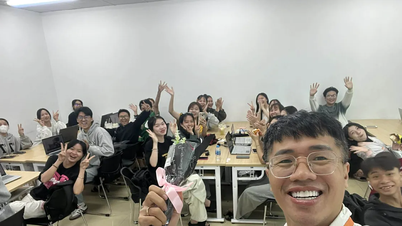










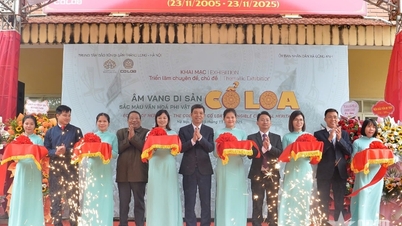








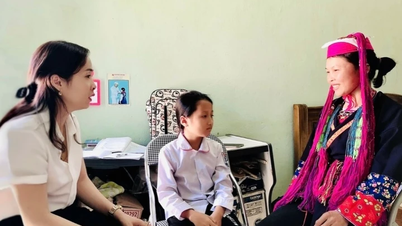











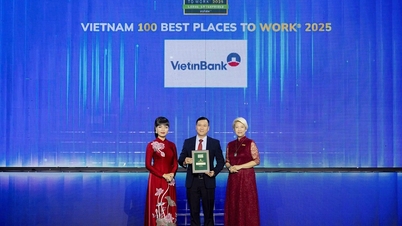












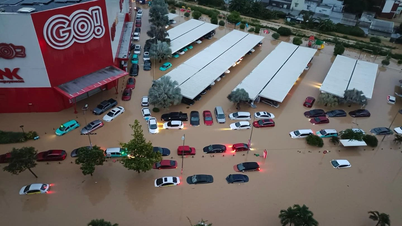
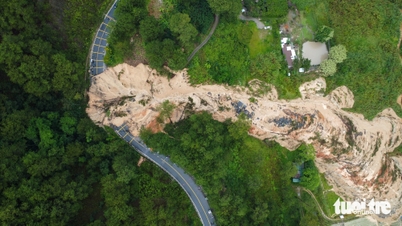


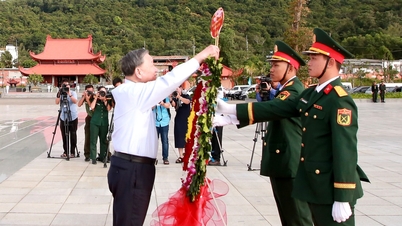









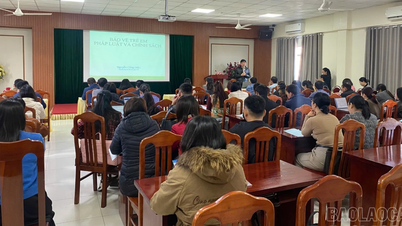

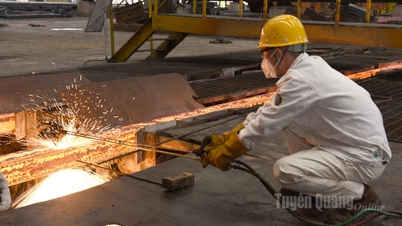
















Comment (0)